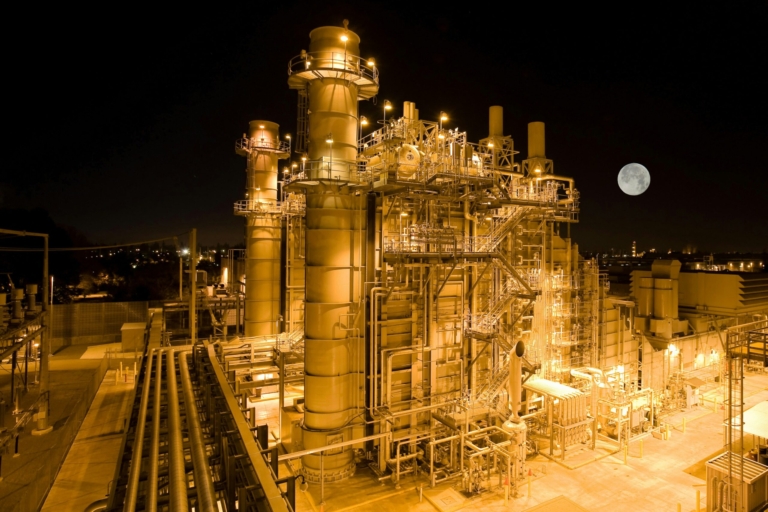In today’s fast-evolving industrial landscape, automation stands out as a game-changer, reshaping the way businesses operate and compete. From manufacturing to logistics, the integration of advanced automation technologies is driving significant improvements in efficiency, productivity, and safety. Here’s a look at how industrial automation is transforming industries and what it means for the future.
What is Industrial Automation?
Industrial automation involves the use of control systems—such as computers, robots, and information technologies—to handle various processes and machinery in manufacturing plants, boilers, and heat treating ovens, switching on telephone networks, steering ships, aircraft, and other applications. By automating these processes, businesses can enhance their operational efficiency and achieve greater consistency and precision.
Key Benefits of Industrial Automation
Increased Productivity: Automation systems operate around the clock, without the need for breaks or downtime. This continuous operation boosts production rates and enables businesses to meet higher demand without compromising quality.
Enhanced Quality and Consistency: Automated systems reduce the likelihood of human error, leading to more consistent and higher-quality products. Precision machinery and algorithms ensure that each unit produced meets exact specifications.
Cost Savings: While the initial investment in automation technology can be substantial, the long-term savings are significant. Reduced labor costs, minimized errors, and lower energy consumption contribute to a healthier bottom line.
Improved Safety: Automation can take over hazardous tasks, reducing the risk of workplace accidents. Robots and automated systems handle dangerous or repetitive tasks, creating a safer work environment for human employees.
Flexibility and Scalability: Modern automation systems are highly adaptable and can be reconfigured to meet changing production needs. This flexibility allows businesses to quickly respond to market changes and scale operations efficiently.
Emerging Trends in Industrial Automation
Artificial Intelligence and Machine Learning: AI and machine learning are enhancing automation by enabling systems to learn from data and improve over time. Predictive maintenance, anomaly detection, and process optimization are some of the areas where AI is making a significant impact.
Internet of Things (IoT): IoT technology connects machinery and devices to a network, allowing for real-time monitoring and data collection. This connectivity enhances decision-making and provides valuable insights into operational performance.
Collaborative Robots (Cobots): Unlike traditional robots that work in isolation, cobots are designed to work alongside human operators. They are user-friendly, versatile, and can be easily integrated into existing workflows, promoting a collaborative work environment.
Advanced Sensors and Automation: The development of sophisticated sensors has revolutionized automation by providing real-time feedback and data. These sensors enable more accurate monitoring, control, and optimization of industrial processes.
Digital Twins: Digital twin technology creates a virtual replica of physical assets, processes, or systems. This digital model allows businesses to simulate and analyze operations, leading to better decision-making and process improvements.
Looking Ahead
The future of industrial automation is bright, with ongoing advancements promising even greater enhancements in efficiency, safety, and quality. As businesses continue to embrace these technologies, they will not only stay competitive but also drive innovation and growth in their respective industries.
At MIRAI, we are excited about the possibilities that industrial automation brings and are committed to helping our clients navigate this transformative landscape. Stay tuned for more updates and insights as we continue to explore and implement cutting-edge automation solutions.

